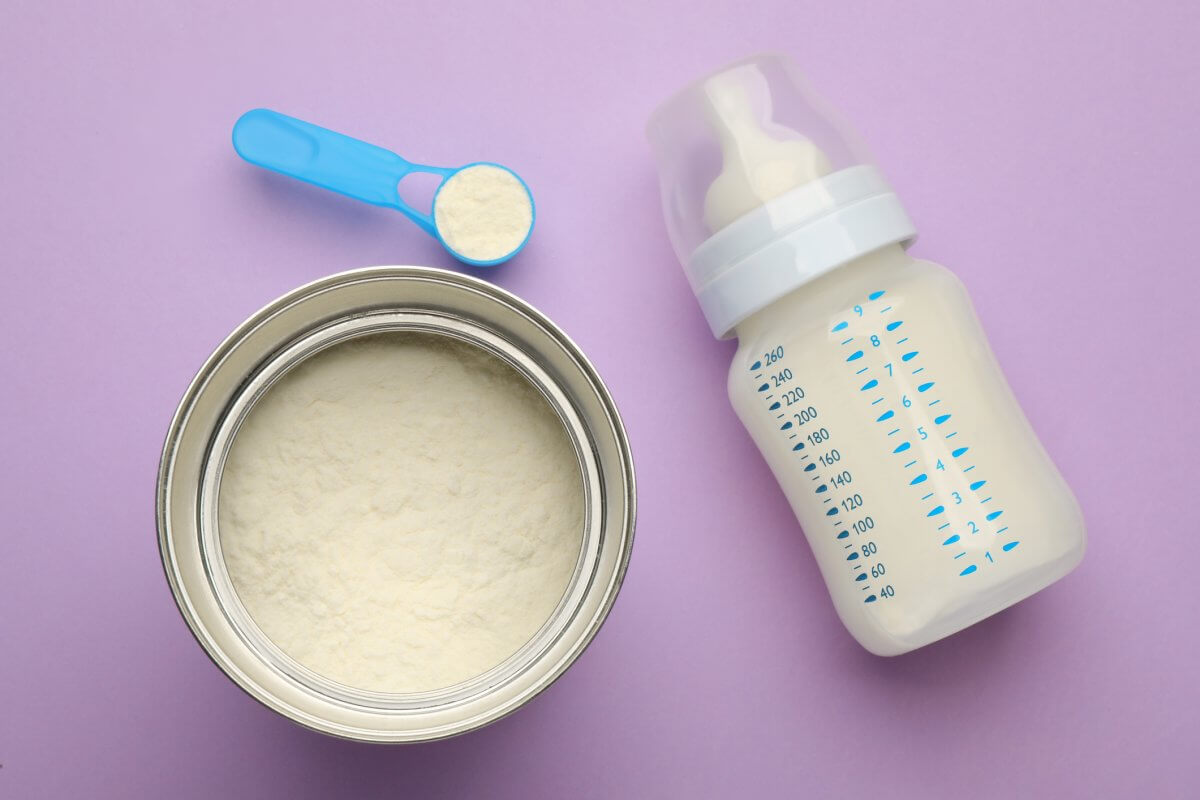When a fertility doctor recommends switching surrogates, it can feel like your path to parenthood just took a major detour, but it is actually a strategic move to give your remaining embryos the best chance at a successful pregnancy.
By following professional medical advice, you are prioritizing the health of your future child and optimizing the clinical environment for your next transfer.
If you’re tired of the uncertainty of an independent journey or a less-qualified match from another agency, let us help you match with one of our many thoroughly screened surrogates. Connect with a surrogacy specialist about your rematch.
Our Doctor is Recommending Switching Surrogates – We’re Not Sure What to Do
Hearing your doctor recommend a change after multiple failed embryo transfers with a surrogate can be overwhelming. Many intended parents are surprised by this suggestion, especially when the surrogate has previously carried a successful pregnancy.
In most cases, this recommendation comes only after a clear pattern appears in the clinical data following several unsuccessful transfers. Doctors base these decisions on measurable outcomes, not assumptions, when determining whether a different approach may improve success.
When evaluating next steps, clinicians often look at a few key indicators:
- Uterine receptivity: Even with a history of successful pregnancy, a surrogate’s uterus may not be receptive to the specific embryos being transferred in this journey.
- Hormonal response: Clinical findings may show that the surrogate’s uterine lining is not responding optimally to the medication protocol required for your transfer cycle.
Is the Problem the Embryo or the Surrogate?
One of the hardest parts of this process is the uncertainty. You might find yourself wondering if failed transfers with your surrogate are related to the embryo you’ve worked so hard to create or the surrogate you’ve matched with.
Fortunately, specialists have several tools to help narrow this down.
To assess the embryos, embryologists use IVF embryo grading to determine which ones have the best chance of leading to a healthy pregnancy. They also look at:
- Chromosomal Testing (PGT): Ensuring the embryos are genetically “normal”.
- Thaw Quality: How well the embryo survived the transition from the lab to the transfer.
If the embryos are high-quality and PGT-tested, yet transfers continue to fail, the medical team’s attention naturally shifts to the gestational carrier.
It’s important to remember that this isn’t about “blaming” the surrogate. It is simply about finding the right biological match to optimize your success.
If you are questioning the viability of your remaining embryos or want to understand the lab’s role in your success, explore our guide to embryo grading.
What Happens if My Surrogate Can’t Get Pregnant?
What happens if your surrogate can’t get pregnant is primarily determined by your surrogacy contract. This document is the “manual” for your journey and typically specifies:
- The Number of Attempts: Most contracts agree to three embryo transfers with a specific surrogate before reassessing.
- The “Switch” Trigger: If your surrogate doesn’t conceive after the agreed-upon attempts, the contract outlines the process for ending that specific match so you can move forward.
- Financial Responsibilities: It clarifies which fees carry over and what new costs (like a new screening) may be required
Reputable agencies like ours use these pre-set protocols to ensure you aren’t draining your emotional and financial resources on a cycle that isn’t working.
By having a clear plan for “failed” transfers, we replace fear with a predictable path toward parenthood.
How Rigorous Surrogate Screening Prevents Repeat Heartache
If you’re coming from an independent journey or another agency and facing the difficult decision of whether to rematch or take a break, one thing matters more than ever: the quality of surrogate screening.
At American Surrogacy, our intensive pre-screening and vetting process is designed to reduce avoidable setbacks by identifying potential surrogate-related risks before you move forward.
We don’t rely on surface-level qualifications alone. Instead, our screening process includes multiple layers of review to ensure every surrogate is truly prepared for your specific transfer:
- Comprehensive medical review: We evaluate complete medical and pregnancy records as soon as a surrogate applies.
- Clinic-specific approval: After matching, her full file is sent to your fertility clinic for review and approval based on their protocols.
- In-person physical evaluation: Finally, your clinic conducts its own physical evaluation and testing before giving the official green light.
This thorough approach is built to give you greater confidence and fewer surprises as you move forward.
Why Do We Have to Create More Embryos Before We Can Be Matched with a New Surrogate?
If you’ve used your last remaining embryo, you will need to create more embryos or exploring donor embryos before beginning a new match. While this can feel like an unexpected delay, it’s often a strategic step that saves time, and emotional strain, later in the process.
Once a surrogate match is made, surrogacy logistics tend to move quickly. Medical clearances, legal steps, and cycle preparation can progress faster than many intended parents expect.
If you wait until after matching to begin a new IVF cycle, you may end up in a frustrating holding pattern: your surrogate is fully cleared and ready, but there are no embryos available for transfer. This pause can add weeks or even months to your journey.
Having embryos “in the bank” helps ensure that when your surrogate is medically ready, you can move forward without unnecessary delays, keeping momentum on your side when timing matters most.
With the Right Agency, Switching Surrogates Doesn’t Mean Beginning Again
The biggest fear many intended parents have is that switching surrogates means starting over and losing everything they’ve already invested. At American Surrogacy, that isn’t the case.
We offer a program specifically designed to protect you from the financial and emotional impact of a failed match. Through our Limited Risk Program, your initial investment is protected and you gain access to:
- Unlimited match attempts without paying the agency matching fee again
- Fast rematching, with new matches typically available in as little as 1 - 4 months
A medical detour doesn’t have to derail your journey. Our Limited Risk Program is built to protect both your budget and your peace of mind, so you can move forward with confidence.
Connect with a surrogacy specialist to get the expert guidance you need to find the right surrogate for your remaining embryos.









![Do You Get Your Money Back for Failed IVF? [Understanding Costs]](https://www.americansurrogacy.com/blog/wp-content/uploads/2025/12/GettyImages-1481389590-1200x800.jpg)